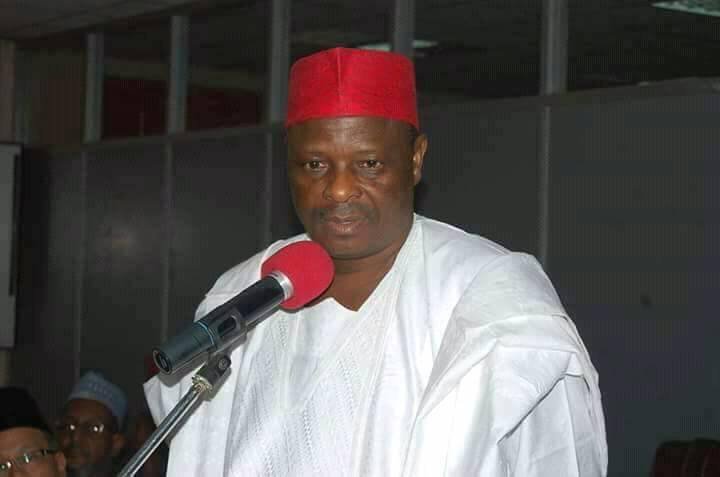The Nigerian government has authorized the administration of federal tertiary hospitals to begin enforcing the “no work, no pay” policy against striking resident doctors.
The striking doctors, who are members of the National Association of Resident Doctors, have stayed steadfast, saying that the government’s move has no moral validity.
This regulation indicates that doctors who participate in the strike will not be paid on a regular basis during the strike.
The decision was issued in a letter dated August 1 and captioned “Re: Incessant Strike Action by the Nigerian Association of Resident Doctors: Implementation of the Federal Government’s “No work, No pay” policy.”
Directives
The government expressed disappointment in the letter that the doctors went on strike despite attempts at conciliatory meetings involving various stakeholders, the Secretary to the Government of the Federation, and the National Assembly, all of which failed to reach an agreement.
It directed hospitals to apply the ‘no work, no pay’ approach and to establish an attendance log for resident doctors who choose to work despite the strike.
“I am directed to inform you that the Federal Ministry of Health has implemented the “No Work, No Pay” policy against striking resident doctors in accordance with Circular No. 58598/8.1/II/182 dated June 22, 2016,” the letter stated in part.
“I am also directed to request that you keep an attendance register for all residents willing to work and provide such names to the ministry on a monthly basis.”
Policy of no work, no pay
Workers’ unions on strike in Nigeria are normally entitled to their full salary under Nigerian law. However, if the government believes the strike is illegal or unreasonable, it can impose the “no work, no pay” provision.
This regulation has historically been infrequently followed and frequently reversed once the strike has been called off or stopped.
NARD Adamant
The President of the Nigerian Association of Resident Doctors (NARD), Emeka Orji, told newsmen on Thursday night that the strike will escalate beginning next week.
According to Mr. Orji, the health ministry has failed to tackle the concerns.
“Well, it’s unfortunate that the federal ministry of health, which has done a very poor job, is trying to shift blame for their failures to other ministries and saying that because they don’t have a substantive minister, they can’t do anything,” he remarked.
“They are now developing the capacity to believe that imposing punitive measures is the best thing to do.”
He stated that the association’s national leadership committee met on Friday and that the NEC will meet again over the weekend.
“Things are going to get worse by next week; people are furious, and doctors are furious.” They are unhappy because the government has not rectified any of the concerns that have been raised, and the Ministry of Health is considering punitive actions,” he stated.
“From Monday, there will be an escalation that they cannot imagine,” Mr. Orji warned. It’s regrettable that we’ve arrived at that position. But they requested it, and I am confident that our people will respond.”












1 Comment
What criticism did the speaker express regarding the federal ministry of health, and what explanation did they offer for the ministry’s alleged failures?